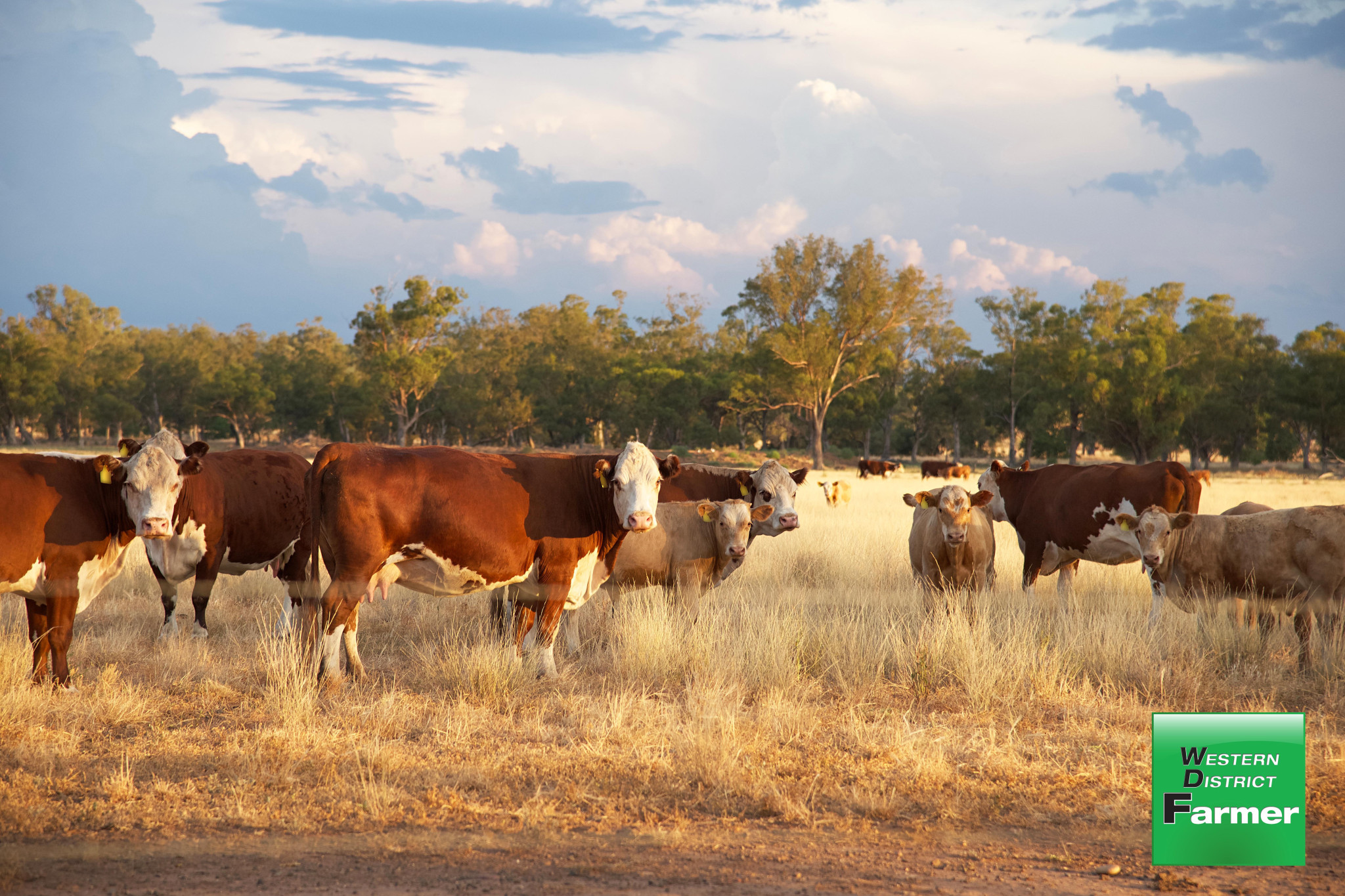Machinery & Infrastructure
1 April, 2025
Pilot program helps farmers beef up carbon capture
AGRICULTURE Victoria has partnered with South Gippsland farmers Jenny and Paul O’Sullivan to find profitable and sustainable ways to reduce emissions on their sheep and beef properties.

The O’Sullivan’s (who operate Malaba Farm near Walkerville) participated in Agriculture Victoria’s On-Farm Emissions Action Plan Pilot.
This program helped nearly 250 farmers across the state understand and act on their greenhouse gas (GHG) emissions.
The pilot was launched in 2022 under the state government’s $20 million agriculture sector emissions reduction pledge that invested in flagship trials of leading research, and development of tools and services helping farmers to reduce emissions while maintaining productivity and profitability.
Agriculture Victoria emissions specialist Alison Kelly worked with the O’Sullivan’s to develop a customised on-farm emissions action plan to reduce their GHG and sequester and store carbon.
“Reducing emissions through efficient production and carbon storage is top of mind for farmers in this pilot like the O’Sullivan’s who are passionate about sustainable agriculture and climate adaptation,” Mrs Kelly said.
“Determining the environmental impact of your farm’s production through a process called Know Your Number is now something that governments and the whole supply chain is increasingly demanding.”
As part of the program, Mrs Kelly worked with the O’Sullivan’s to determine their ‘number’ - a net farm annual emissions footprint estimate, via an existing Greenhouse Gas Accounting Framework calculator for beef and sheep enterprises.
She said the O’Sullivan’s tailor made action plan helped them apply for a government grant to implement some of the opportunities from the plan.
This included the establishment of a 1.7km long and 10-metre wide plantation, which will provide carbon sequestration, biodiversity and livestock shelter benefits.
It also included support to follow up on benchmark soil sampling to monitor changes in soil organic carbon levels across several paddocks and organic treatments using a blend of animal manure and chicken bedding litter.
As well as revegetation and land use improvements, the O’Sullivan’s continue to reduce their farm GHG emissions with a 7kW solar power system for their workshop, fences and pumps.
They are also screening their bulls for feed conversion efficiency and hope to learn from feed additive research to see how they can apply benefits to their grazing operation to possibly further reduce emissions.